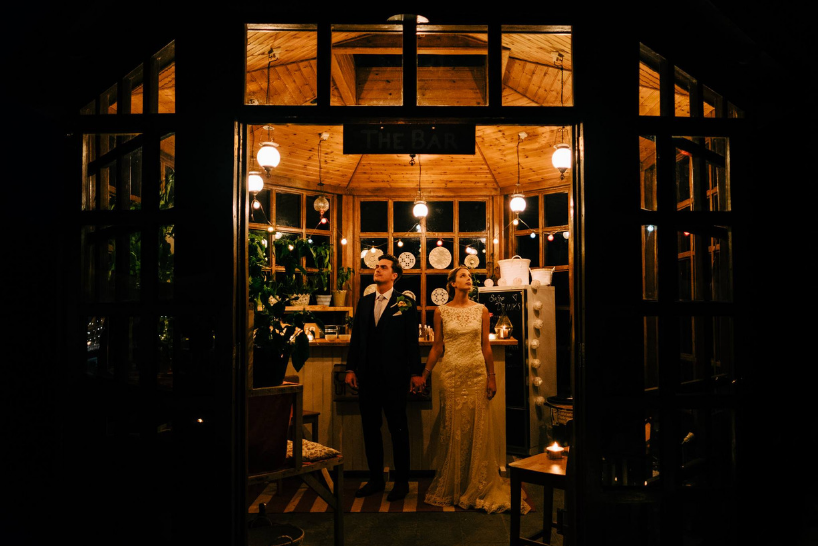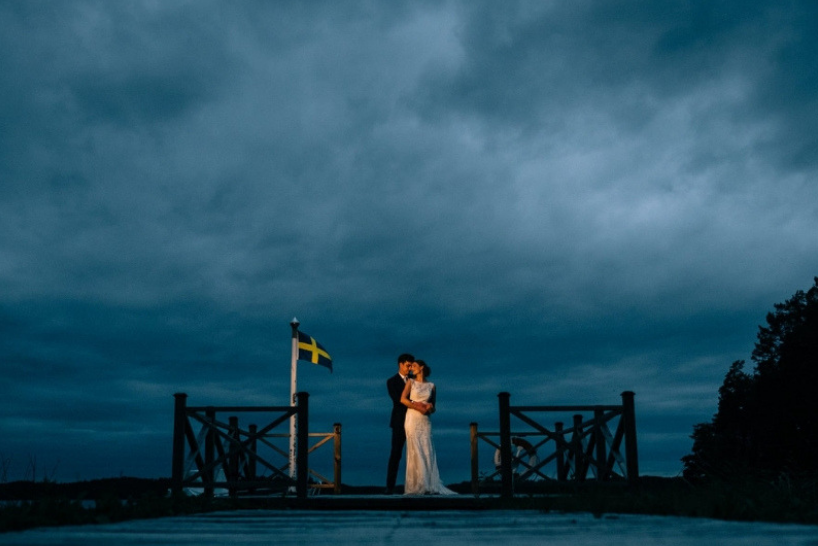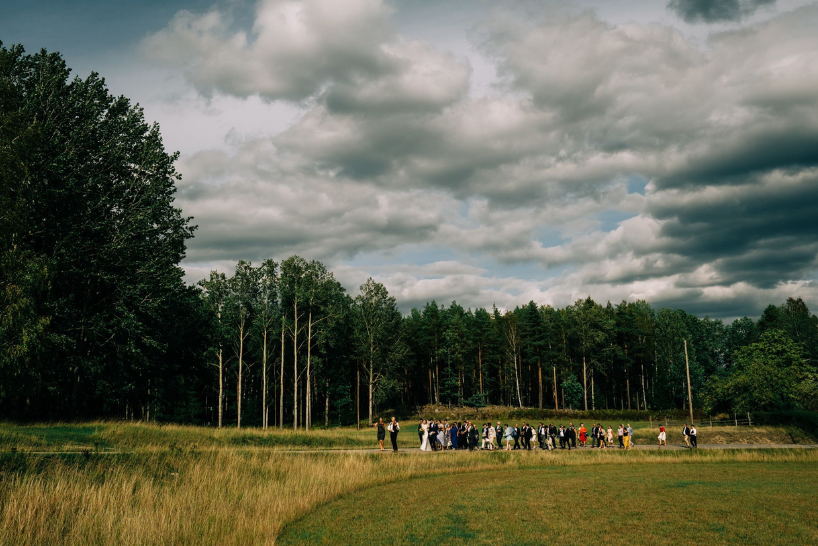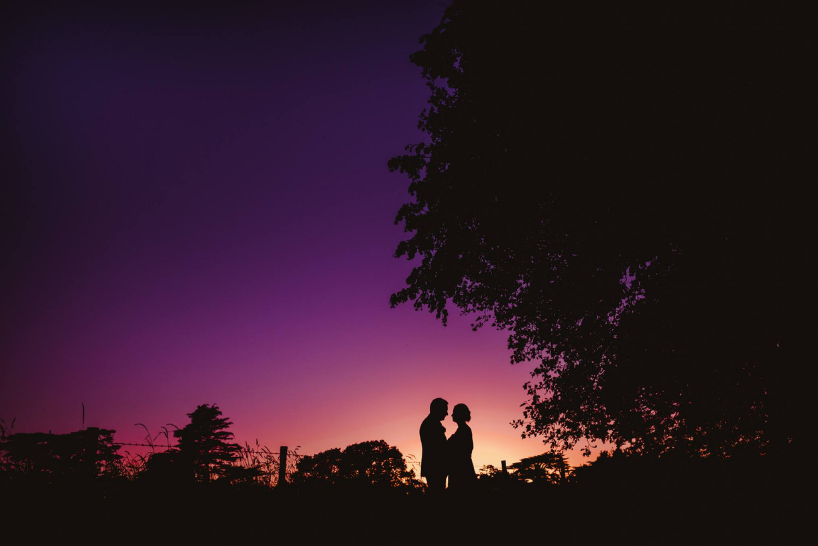If you follow Rubber Cheese on social media, you’ll know all about the #15yearsofRubberCheese charity cycle we completed.
Walking in the footsteps of Sir Bradley Wiggins, Victoria Pendleton and Mark Cavendish, we rode a whopping 15 hours between us (thankfully, on stationary bikes from the comfort of our air-conditioned office).
We live-streamed the event on Facebook and, throughout the day, our Managing Director, Kelly Molson, picked the brains of three business founders while she pedalled.
One of those founders was Lee Allison, founder of Lee Allison Photography.
Lee specialises in creative documentary-style photography and travels all over the world to shoot weddings. Couples often praise his affable manner and knack for subtly capturing magical moments.
Keep reading for Lee’s interview highlights – alternatively, watch the full video on our YouTube channel.
The Interview
We’ve got Lee Allison of Lee Allison Photography with us today – thanks for popping in! So, tell me about your business. How did it come about?
I’ve always been passionate about photography. I studied it at A Level and my interest developed from there.
However, when it was time to go to university, I wasn’t sure if photography would be the best option for me in terms of finding a career.
I decided to do a design course in computer animation instead.
Do you regret that or was it was a necessary part of your creative journey?
Sometimes I do but in the long-run, this trajectory has benefitted me massively.
I was very lucky because my course led to a fantastic job. After I graduated, a studio manager spotted my CV and got in touch. He loved my work and we arranged to meet. It took off from there really.
I hadn’t done much professional photography by this point – it was more of a hobby while studying.
So it was another stroke of luck when, one day, my manager asked me to help him at a wedding shoot. I went along and loved every minute of it. It reignited my passion for photography and spurred me on to set up my own business.
That’s how Lee Allison Photography started – as a side project! For many years, I worked full-time as a graphic designer to support the business’s growth. I also had to build a portfolio from scratch. My friends and family got a lot of free shoots back then.
About two years ago, I was finally in a position where I could go full-time.
Looking back, I don’t think I would have done things differently. Sure, I would have liked to start sooner but the design experience has been incredibly valuable. It taught me how to edit photos and create album designs. You can see that influence in my work.

It must have been difficult working full-time while setting your business up.
It was tough. I was working 9 to 5 then coming home and building my brand. I was really busy but it’s all been worth it.
It always is! Let’s talk a bit about the type of weddings you attend. What kind of couples do you work with?
It’s changed a lot since I began. I used to shoot more traditional weddings in the UK. Now, a lot of my work comes from destination weddings.
Destination weddings perfectly suit my style because they’re usually very unique, in location and structure.
I don’t have to focus so much on capturing those clichéd moments because the days are always different. I have a bit more creative freedom with the shots I get.
So what does a typical day look like for you?
The key to success is preparation!
I make sure all my equipment is ready beforehand, batteries charged, printouts of group shots ready, that sort of thing. I need to be organised so I can relax.
I approach each wedding with a clear head – you have to be calm to be creative.
If I’m anxious, that feeling carries into the wedding day and there’s a knock-on effect. It adds to the couple’s stress and upsets guests, which ultimately makes my job harder.
That makes sense – what happens after that?
I arrive two or three hours before the ceremony so I can get photos of the bride and bridesmaids getting ready.
I always try to get some shots of the dad seeing his daughter for the first time or similar once-in-a-lifetime moments like that.
Then I wander off and get some photos of the ground.
Basically, I spend a lot of time mingling. I want everyone to be familiar with me because no-one likes having their photo taken. My job is to make the experience as painless as possible.
I want people to have fun and that’s easier when they trust the guy walking around with a camera!

It sounds like your days are packed. Are they quite long?
Typical wedding days, for me, last somewhere around 10 to 12 hours, including transport time.
That’s partly because I like to work late.
A lot of wedding photographers leave after the first dance but I think it’s important to stay for a good hour or two afterwards.
This is when people let their hair down. They’re dancing, smiling and really getting into the swing of things. Why would anyone want to miss that?
Plus, it’s a great time lighting-wise and the perfect chance to take some creative shots.
Let’s talk about your creative shots. How do you make them stand out? Do you use creative flash-work or lighting?
I use a little bit of everything.
During a wedding, I look for locations that could be manipulated. Maybe I’ll find a background which would look beautiful in certain lighting.
But these shots are more likely to happen naturally. For example, I’ll capture a spontaneous and intimate moment between the couple.
I also have a flash modifier that helps give images a dramatic edge. It produces stunning colours, lighting and effects.
Now we’re on the topic of equipment, what’s your photography setup? Nikon or Canon?
I shot in Nikon when I first started, then two years ago I switched to Fujifilm.
This model made waves in the wedding market.
Mine looks like an old-fashioned camera. It’s small, compact and very light, so perfect when you’re carrying it around for 12 hours a day!

And I guess the work doesn’t stop once the wedding’s over – what happens afterwards?
Most of the work actually happens afterwards.
Once I’m home, I download all the images to my desktop and copy them over to a hard drive. It’s good to have copies in several places, just in case something goes wrong.
Once I’ve compiled the images, I go through them and select the ones I want to use.
And what makes a certain image stand out?
That’s a tricky question. I’m looking for authentic reactions.
Images might look the same but, in the perfect shot, there might be a very subtle difference in movement or angle which captures someone’s personality better.
To be honest, selecting the final photos is a visceral process. Something that comes with experience.
When I’ve narrowed it down, I put the images into Lightroom. It’s a piece of software I use to develop photos.
I go through them individually, tweaking the exposure, contrast and all that stuff. Once polished, I upload them into an online gallery and send the link over to the couple. From there, they can view, download or share images.
That’s an awful lot of work! How do you motivate yourself to get everything done? Do you have a support network?
I do. A year ago, me and a friend set-up a networking group for business owners. We meet once a month for lunch and chat about how things are going.
As a freelancer, it’s important to get out and meet people. You spend a lot of time by yourself and there’s a danger of going stir-crazy.
Also, it presents new business opportunities.
For example, I might be shooting a wedding where the bride is looking for a florist. Because of the network, I can give a personal recommendation. It happens vice versa as well – it’s a win-win situation.

What are your top tips for someone wanting to break into the industry?
Just do it as soon as you can. My biggest regret is starting later in life.
Put yourself out there and find more experienced photographers to learn from. Usually, they’ll let you tag along on shoots and help with equipment.
So things have really taken off for you – let’s talk about your accomplishments. What’s been your proudest moment?
My biggest achievement was going full-time.
It was on my mind for a while but I was hesitant, then the company I worked for offered someone voluntary redundancy.
I decided to take it. My heart was in photography. Since then, my business went from strength to strength.
We have some audience questions. What’s your take on smartphone photography?
It’s great – we should embrace it!
At weddings, people take loads of photos on their phones, which is nice to see. It’s their day too.

At a wedding, how do you handle the overenthusiastic uncle with a DSLR?
It depends. If they’re conscious of me, no problem!
I’d only have an issue if it stopped me from working. I’m being paid to take photos so it’s frustrating if someone gets in the way.
What’s the best camera for someone just starting out?
I would suggest going for a mirrorless camera – probably a Sony or Fujifilm.
A really good Sony camera costs about £500 but there are cameras you can buy for £300 which do the job.
Weird things happen at weddings. What’s been the funniest moment you’ve experienced?
I have an awkward story. I was shooting a church wedding just outside Cambridge and encountered a tricky vicar.
She wouldn’t let me go at the front to take photos of the ceremony.
That’s okay, some churches have their rules. So, I went to the back and was snapping away when she stopped mid-sentence, looked at me, and shouted: “stop taking pictures in God’s house”. Honestly, I was gob-smacked.
I didn’t know what to do! She told me to sit down but I was standing in the middle of the aisle. I looked around and there weren’t any seats. I had to just awkwardly kneel.
All the guests were staring at me and laughing. She carried on with the rest of the ceremony. It was quite annoying actually because I couldn’t get the images I wanted. If you’re having a church ceremony, please talk to the vicar beforehand and see if they have any restrictions on photography!

So, you travel quite a lot for your destination weddings. Where have you worked?
Last year, I went to Italy and Dubai. This year, I have two in Italy, one in Sweden and one in Turkey.
If people have their wedding abroad, they wouldn’t necessarily fly out a UK based photographer. What are the benefits of doing that?
The biggest benefit is you can meet them beforehand. It’s easier to sort out details and ideas face-to-face before everyone jets off. Less stressful.
Also, weddings around the world are different. There are traditions to take into account as well as etiquette. If you’re a UK couple getting married abroad, you want a UK photographer really. They know what elements are important to capture. They also have a familiar style because this also varies depending on location.
Well, we’ve covered a lot of bases today. Thanks so much for coming in.
You’re welcome!
How you can help
The fundraiser isn’t over yet! You can still help us reach our goal.
Head over to our JustGiving page to donate OR text ‘BRIE78 £5’ or ‘BRIE78 £10’ to 70070. Every contribution is greatly appreciated.
Why are we doing this?
The Tamba Bereavement Support Group (BSG) exists to support all parents and carers of multiples who have experienced loss whether it was during pregnancy, at birth or at any point afterwards. It is a charity extremely close to the heart of our MD Kelly and her partner Lee after losing their twin girls Lily May and Ava Allison in 2017. We’re raising money to help them continue their amazing work.
Liked this blog? Then read How to Create Extraordinary Videos With Tony Slater.
Image credits: Lee Allison Photography.

Related articles
Interviews
How to create extraordinary videos with Tony Slater
Digital
Five benefits of using small digital agencies
Interviews
Learning and development with Blake Henegan